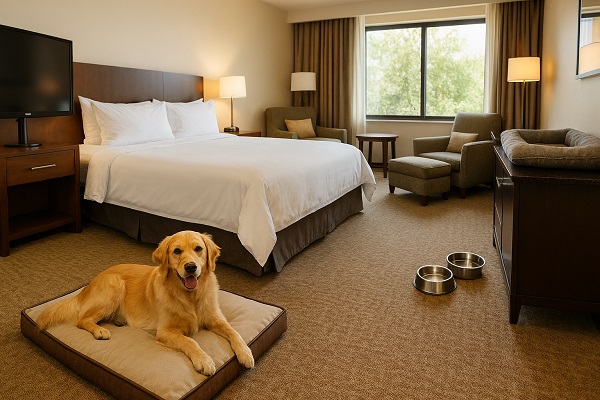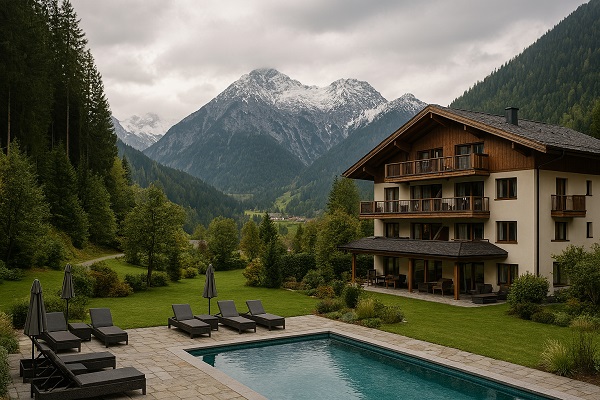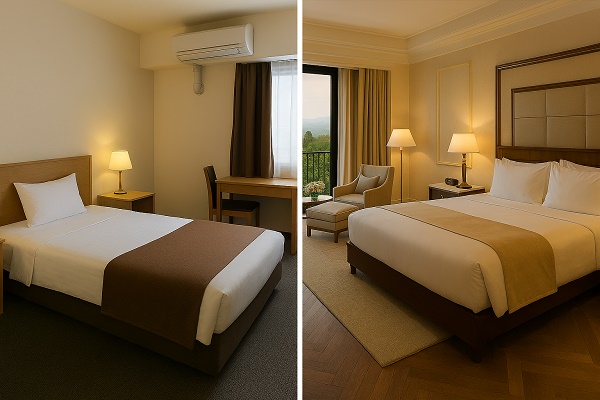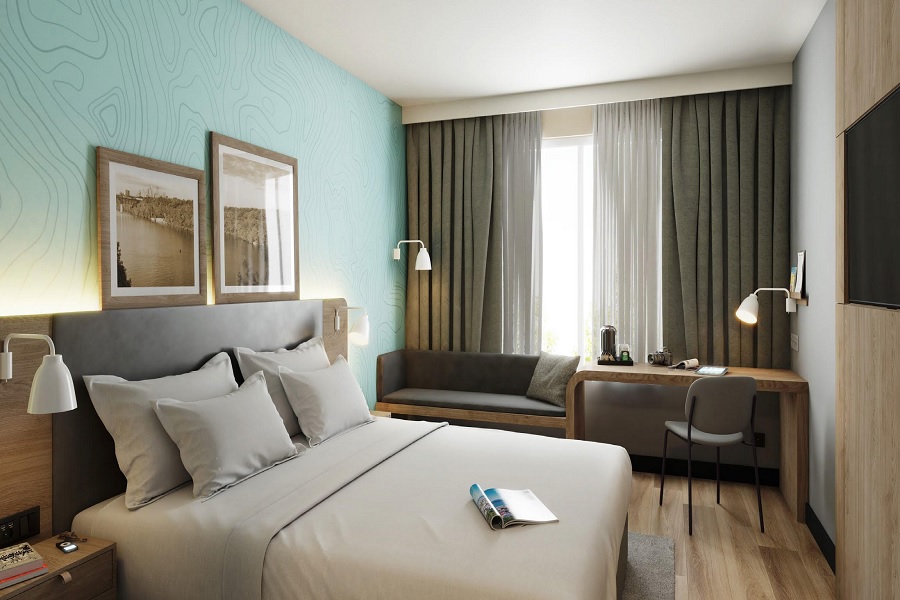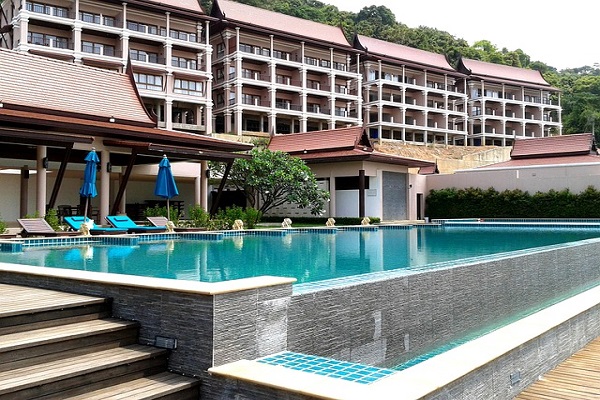Hotel and Accommodation Reviews: How to Make the Best Choice for Your Stay

In the world of travel, one of the most important decisions you'll make is choosing the right hotel or accommodation. With so many options available, from high-end resorts to budget hostels, finding the perfect place to stay can be overwhelming. Thankfully, hotel and accommodation reviews are a valuable resource that can guide you toward a comfortable and enjoyable stay. This article explores how reviews shape your travel experience and how to use them to your advantage when booking accommodations.
1. The Impact of Reviews on Hotel Choices
With the rise of online travel agencies and review platforms, today's travelers have more access than ever to detailed information about potential accommodations. Guest reviews offer insights into the real-life experiences of those who have stayed at a hotel or rental property, providing a behind-the-scenes look at the quality of service, cleanliness, amenities, and more. Reviews give travelers a clear picture of what they can expect, beyond what’s advertised on booking sites.
2. What to Look for in Hotel Reviews
While the number of reviews and star ratings are important, the content of the reviews is where the real value lies. Here’s what to pay attention to when reading hotel reviews:
Overall Experience: Look for trends in reviews. Are multiple guests mentioning issues like noisy rooms or excellent service? A mix of experiences can help you gauge whether the hotel is right for your needs.
Service Quality: Reviews that mention the staff’s friendliness, professionalism, and willingness to assist are often more useful than a general rating. A hotel can have great amenities, but poor customer service can spoil your experience.
Cleanliness and Maintenance: One of the most crucial aspects of a stay is cleanliness. Check for comments about room hygiene, bathroom conditions, and the general upkeep of the property.
Location and Accessibility: Location can make or break your trip. Reviews often highlight whether the hotel is centrally located or far from key attractions. Proximity to public transport, restaurants, and entertainment can significantly impact your experience.
Noise and Privacy: Noise levels, both from within the hotel and surrounding areas, are frequently mentioned in reviews. If you're sensitive to noise, reading feedback on room soundproofing and the environment can save you from unpleasant surprises.
Amenities and Extras: Many travelers seek specific amenities, whether it’s free Wi-Fi, a pool, a fitness center, or a pet-friendly policy. Read reviews to see if the amenities are as advertised and if they meet your expectations.
3. Understanding Star Ratings and What They Mean
While star ratings provide a quick snapshot of a hotel’s quality, they don’t always tell the full story. Different regions and booking platforms may have varying standards for assigning stars. A five-star rating might mean luxury in one place and standard comfort in another. To avoid confusion, always read detailed reviews alongside the star rating to ensure the hotel lives up to your expectations.
4. How to Spot Fake or Misleading Reviews
In the digital age, fake reviews are a real concern. Some hotels may create fake positive reviews to boost their ratings, while others may engage in "review bombing" to lower competitors' ratings. Here’s how to spot misleading reviews:
Overly Generic Reviews: Beware of reviews that sound too polished or generic. Genuine reviews tend to include personal experiences and specific details.
Review Consistency: If a hotel has an overwhelmingly high number of positive reviews posted within a short period, this might be a red flag. Look for reviews spread over a longer timeframe.
Reviewer History: Check the history of the reviewer. A legitimate reviewer will often have a variety of reviews across different properties, rather than just one or two reviews for a single hotel.
5. The Role of Social Media in Hotel Reviews
In addition to traditional review platforms, social media plays a growing role in the hotel review process. Instagram, Facebook, and travel blogs offer an authentic glimpse into the accommodation experience. Social media influencers and travelers often share their stays through photos and stories, giving you a more personal look at the hotel. These platforms also allow you to ask questions directly to travelers about their experiences.
6. How to Leave a Review That Helps Others
Leaving a helpful review not only assists future guests but also helps the hotel improve. When writing your review, focus on specifics:
Describe Your Stay: Detail your experience from check-in to check-out, including what stood out in terms of service, amenities, and any issues you encountered.
Balance Positives and Negatives: A well-rounded review that highlights both strengths and weaknesses gives future guests a clearer picture of what to expect.
Offer Suggestions: If you have constructive feedback, share it in a respectful way. Hotels appreciate suggestions for improvement.
7. Choosing the Right Hotel for Your Needs
Everyone has different preferences when it comes to accommodations. Some travelers prioritize luxury and amenities, while others value affordability and location. Reviews help you filter through the noise and focus on the properties that align with your travel goals. Whether you're looking for a romantic getaway, a family-friendly stay, or a business trip, hotel reviews guide you toward the best choice.

















